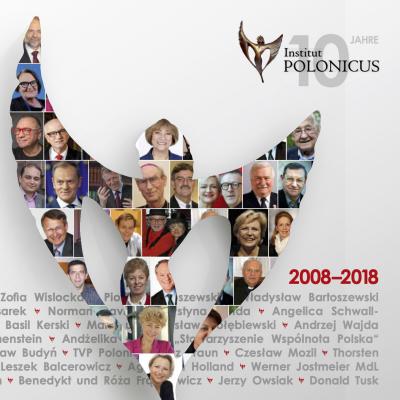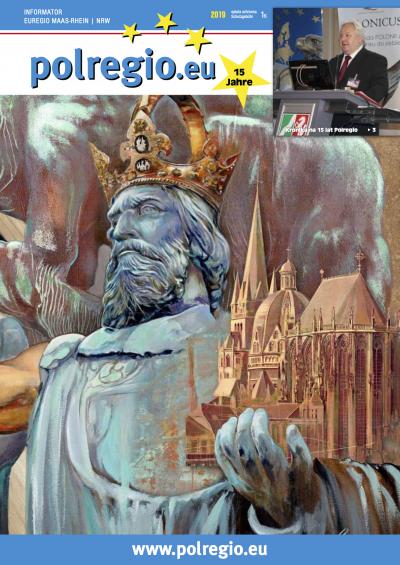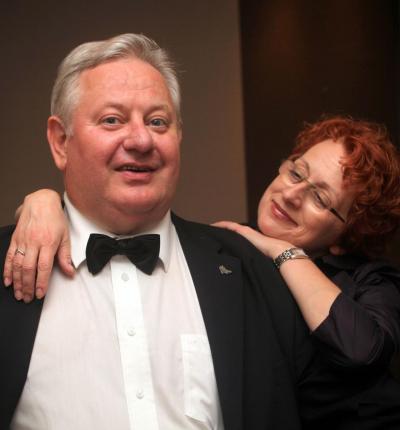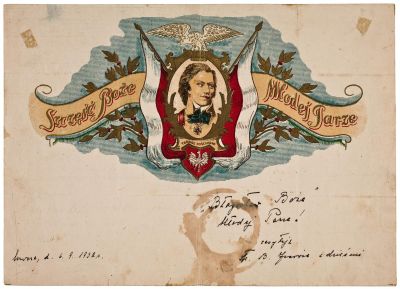Polonicus – the prize of the European Polonia
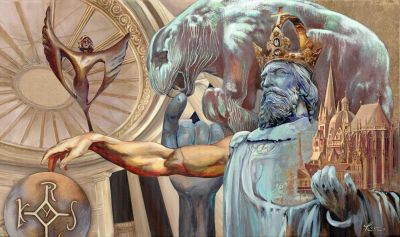
Many outstanding politicians belong to the circle of German prizewinners who have advocated for a deepening of the German-Polish understanding. These include Dr Angelica Schwall-Düren, the Minister for Federal Affairs, Europe and Media of the Land of North Rhine-Westphalia; Professor Rita Süssmuth, President of the German Federal Parliament (retired); Professor Gesine Schwann, the former Rector of the European University Viadrina in Frankfurt an der Oder and the Federal Government’s Poland Commissioner; Thorsten Klute, Secretary of State in the Ministry for Employment, Integration and Social Affairs of the Land of North Rhine-Westphalia; Marcel Philipp, the mayor of the City of Aachen and Olaf Müller, the head of the Cultural Office of the City of Aachen, who has actively supported the award ceremony gala in its preparations since 2009.
The Polish Polonicus prizewinners also include renowned European politicians, such as the historian and publicist Professor Władysław Bartoszewski, who “opened our eyes to Europe. Without him, much of what happens in German-Polish relationships would not be possible or would not exist at all,” as Dr Marek Prawda, the former Ambassador of the Republic of Poland and currently Head of the Delegation of the European Commission in Warsaw, highlighted in his laudation, but this also includes Donald Tusk, the former Prime Minister of the Republic of Poland and President of the European Council, and Professor Jerzy Buzek, who was President of the European Parliament from 2010 to 2012 and who spoke about his enthusiasm for Europe in his acceptance speech: “The most important thing in the world is that we are in a position to unite. We are building a European Community. This community is characterised by the fact that we speak 23 languages. We value multilingualism, we appreciate the variety, we want to unite in diversity. The Polonia plays a very important role in this because she is represented throughout the entire European Union. Polonia unifies, she is able to act jointly. That means that, for us, the ‘Promised Land’ of which the Poles dreamt is now everywhere, everywhere in Europe, and that our dreams of a life in freedom are being fulfilled. These were the dreams of Solidarność”.
Those honoured in Aachen also include the Nobel Peace Prize winner Lech Wałęsa, the former union activist and President of the Republic of Poland, who had made an appeal in the Coronation Hall of Aachen Town Hall in 2017: “Germany is the greatest power in Europe and I would like it to assume the responsibility for Europe, and if anyone, Poland, Hungary or anyone else, breaks up the Union I would like you, as a leading force, to have finalised solutions ready and to found a new union five minutes after the end of the Union.” Recipients of the Polonicus prize, however, also included representatives of the church, such as Archbishop Professor Alfons Nossol and Pastor Stanisław Budyn, the Rector of the Polish Catholic Mission (Polska Misja Katolicka) in Germany, as well as linguists, such as Professor Władysław Miodunka from the Jagiellonian University in Kraków and Professor Jan Miodek from the University in Wrocław.
